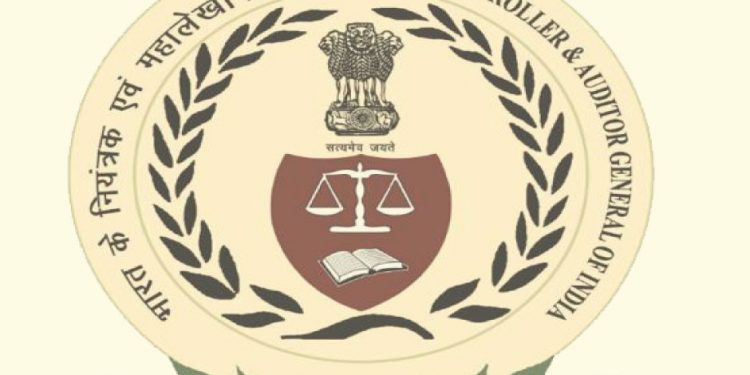Bhubaneswar: The Odisha government has not taken effective steps to recover a fine of Rs 3,966.34 crore (with interest) imposed by the Supreme Court for illegal mining in the state, the Comptroller and Auditor General of India (CAG) said in a report tabled in the Assembly Wednesday.
In its performance audit report on management of Odisha Mineral Bearing Areas Development Corporation (OMBDAC) funds for the year ended March 2022, the CAG said the top court in August 2017 had directed the Odisha government to impose fines on mineral iron ore and manganese, extracted either without an Environment Clearance (EC) or without Forest Clearance or without both.
The court ruled that 100 per cent of the price of the illegally mined minerals should be compensated by the mining lessees.
The report said the court ordered that the amounts due from all mining lessees be deposited with the OMBDC by December 31, 2017.
Accordingly, the SC-appointed Central Empowered Committee (CEC) in its report dated January 17, 2018 recommended collection of compensation, amounting to Rs 19,174.38 crore, from 131 mining lease holders, who had violated FC and/ or EC, it said.
During scrutiny of records of the director of mines and geology, the CAG found that as of December 2017, 82 out of 131 mining lease holders had paid Rs 8,289.87 crore, against the total demand of Rs 19,174.38 crore, leaving the balance of Rs 10,884.51 crore unrecovered.
Following SC’s further directives to take coercive action, the Director of Steel and Mines, Odisha, instructed district collectors of Sundargarh, Keonjhar and Mayurbhanj in February 2018 to initiate certificate cases under the Odisha Public Demand Recovery (OPDR) Act, 1962.
As of January 2023, the government had recovered Rs 7,371.12 crore, including interest for delayed payments.
However, the report highlighted that the department had failed to take effective recovery measures, such as the attachment of immovable properties belonging to defaulting mining lessees, to recover the remaining Rs 3,966.34 crore (with interest)—even though six years had passed since the SC’s order.
The CAG report pointed out that the lack of prompt action has resulted in a significant shortfall in recovery, raising concerns over the government’s efficiency in enforcing Supreme Court directives.
PTI






































